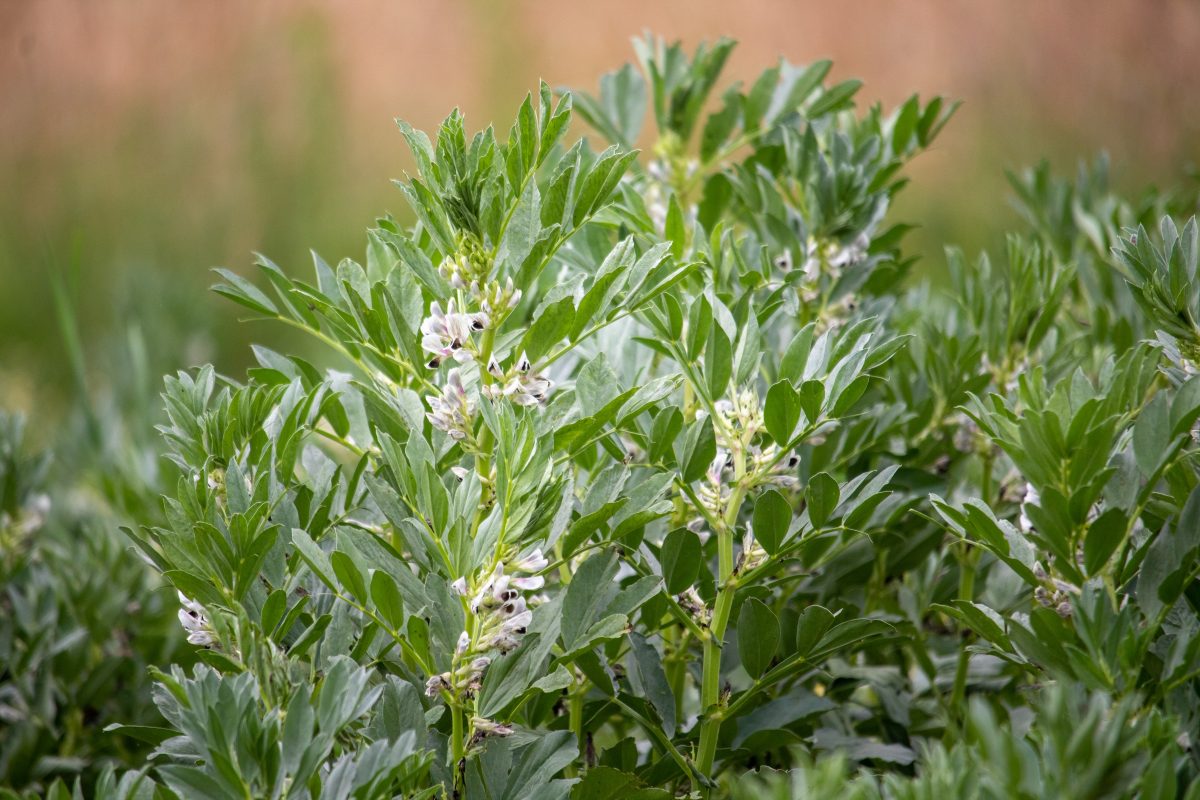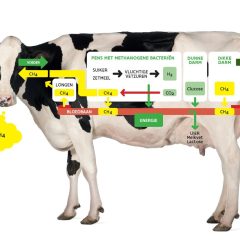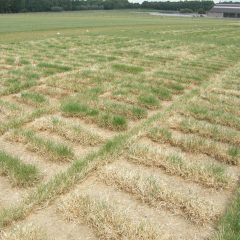Research project Potential of protein transition by locally produced faba beans

General introduction
To what extent are field beans a valuable and viable protein provider and soy substitute in dairy cattle rations? The MELKBOON project researches and demonstrates this for the dairy sector, in order to eventually achieve a reduced carbon footprint at farm level. Imported soy aggravates that footprint. We are looking at cultivation, post-harvest technology and implementation in rations. The project targets growers and arable farmers as well as beef farmers on the other, and encourages cooperation between the two groups.
Research approach
The project has ended. In Flanders, field trials were carried out on demonstration fields to identify cultivation technical aspects of field beans, such as variety choice, mix cultivation, fertilization and sowing techniques. Toasting of field beans was investigated as a technique to favorably influence feed evaluation and feed technical aspects. Experiences of field bean application on field farms were systematically followed up.
Relevance/Valorization
The project yielded useful final results: The most productive varieties of field bean have been selected. Field experiments have been done with a mixed crop of field bean with cereals. Nitrogen fertilization, even in limited amounts, produces no significant differences and thus no higher yields in field beans. As expected, toasting the field beans appears to have a positive effect on both protein and starch resistance. And importantly, the feeding trials show that it is possible to replace part of the soybean meal in a dairy ration with toasted field beans without significant impact on milk production results.
Financing
Europees Landbouwfonds voor Plattelandsontwikkeling










